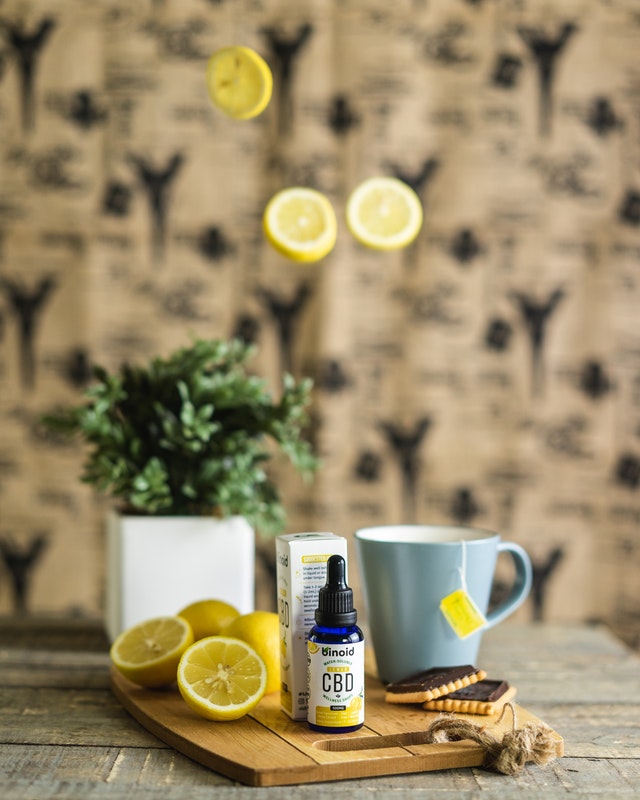The CBD industry only continues to grow over time, with recent projections predicting that its U.S. market will surpass $20 billion by 2024. Many have taken to CBD products as relief from conditions such as anxiety, insomnia and chronic pain. As cannabis restrictions are relaxed in some states, some experts predict that more CBD products will be sold in general retail stores than dedicated dispensaries. However, standardizing the industry is currently a challenge without a clear solution.
The issues with CBD stem from a lack of quality-control standards. Modern consumers are more informed than ever and willing to take health into their hands. With the meteoric rise of CBD, companies are rushing to put products on shelves without ensuring transparency and accurate labelling. Shoddy products may turn consumers away, particularly if there’s no way of verifying quality. With inconsistent information available, some may simply resort to buying the products with the best marketing.
However, there are some available resources to ensure that CBD products are safe. Before buying any cannabis product, take the time to confirm that the manufacturer’s products are subject to independent, third-party testing by accredited cannabis laboratories. These are labs which have attested to the quality and purity of the products being sold and have affirmed that those products have been produced using the industry’s best manufacturing practices. Ethical, law-abiding suppliers will be happy to provide you with a copy of their test results upon request; and many post their Certificate of Analysis documents (COAs) on their websites for optimal consumer convenience.
Such measures exist in lieu of consistent standards for the industry. Both the federal government and private companies have attempted to implement their own quality standards for CBD. Medical Marijuana, Inc. claims that it is the first cannabis company to create strict quality standards. The company tests at the cultivation, harvest and manufacturing stages of the process with the intent of detecting contamination at any point.
Another company, Allure Organics, has implemented traceability measures aimed at helping track where and how plants are grown, how CBD was extracted, and how long it was stored. Other companies have experimented with traceability measures, including the use of blockchain to trace the life cycle of a CBD product. This information is publicly available for consumer use.
The U.S. government has also stepped in to clarify some of the measures associated with CBD. All hemp-derived CBD products were made legal as of December 2019 with the passing of the 2019 U.S. Farm Bill, but inconsistencies with local health laws have made it difficult for retailers to sell without violating the law at some level. The Food and Drug Administration has currently not approved CBD use in food or dietary supplements, creating some measure of uncertainty with the growth of the industry. In addition, the lack of testing standards has further obfuscated health and safety information associated with CBD products.
The White House has requested that the FDA establish consistent standards for CBD across the country. While the FDA has released some health and safety information about product use, they have not come to any conclusions regarding health benefits or risks associated with CBD. This is unlikely to change any time soon as the agency awaits further research that might help set sweeping standards for the industry.
Still, this hasn’t stopped consumers from flocking to CBD products in hopes of helping to manage a myriad of conditions. The industry will continue to grow — but the outcome of FDA-supported research could bolster or chill its growth in time.






